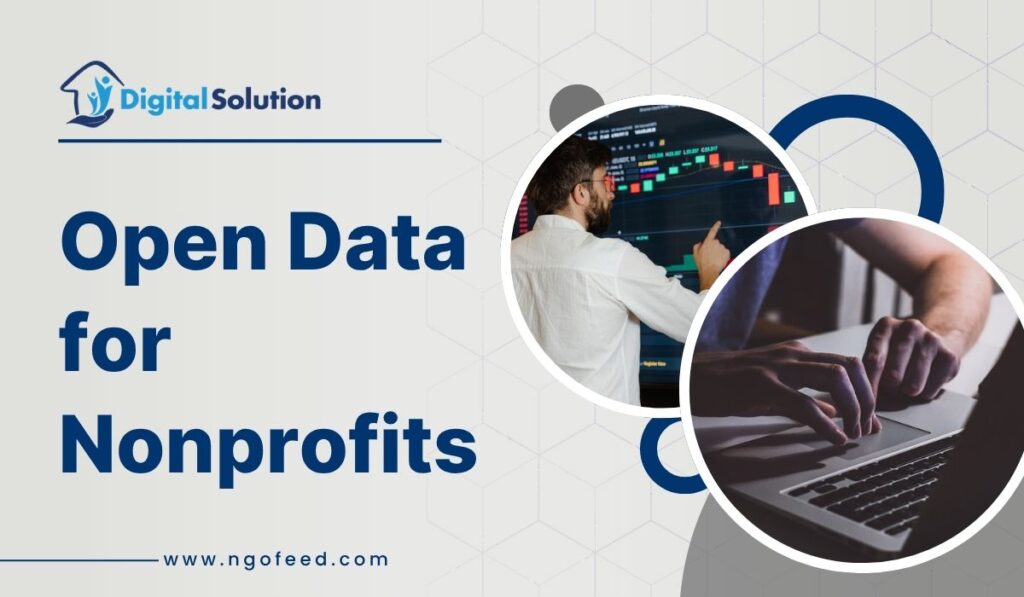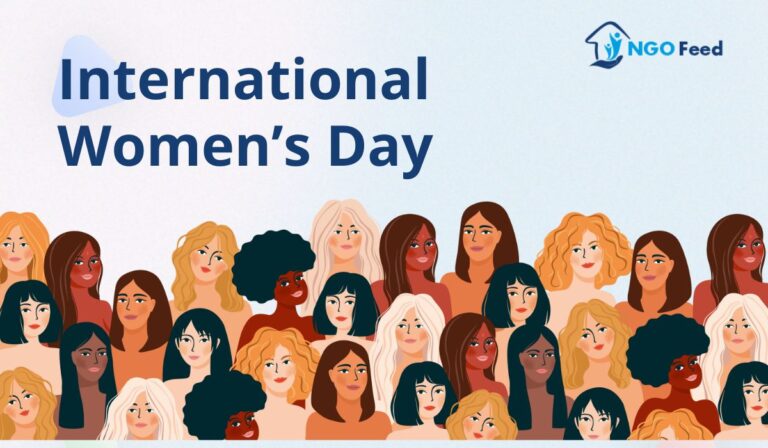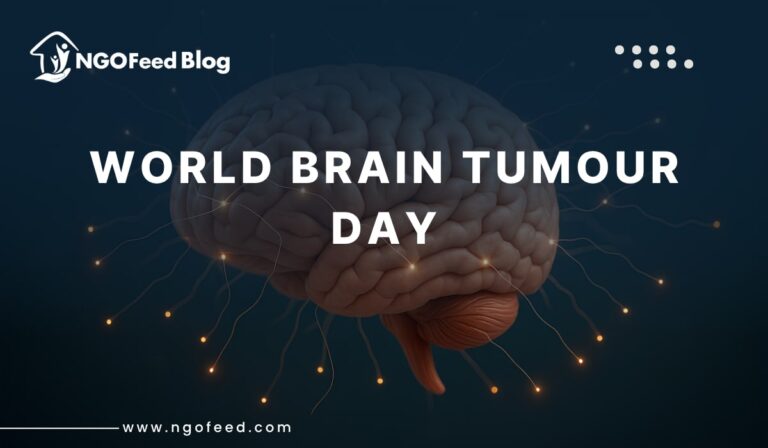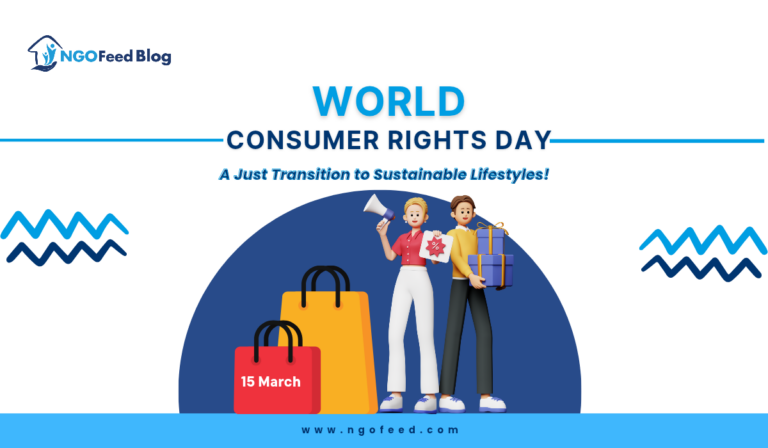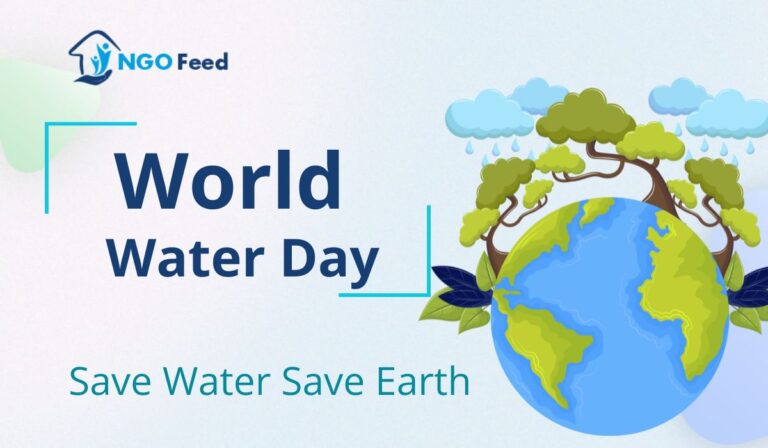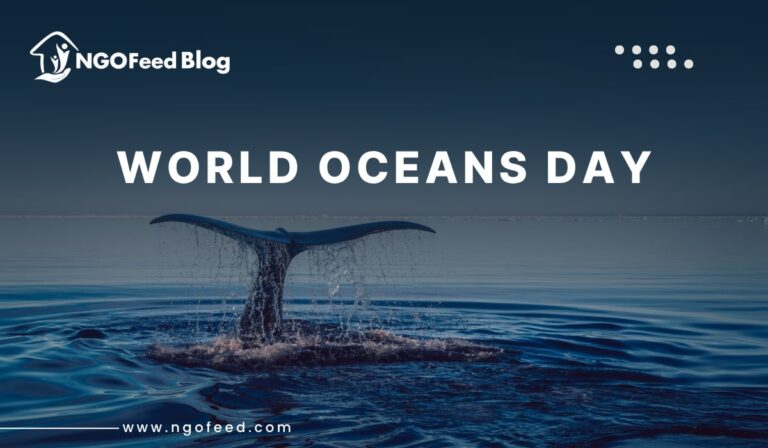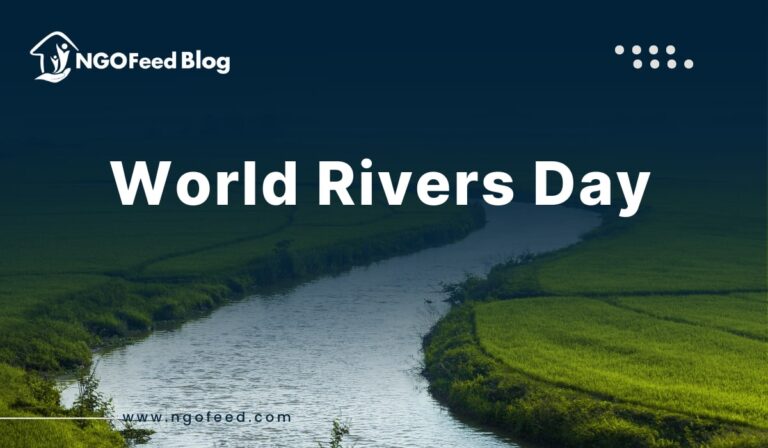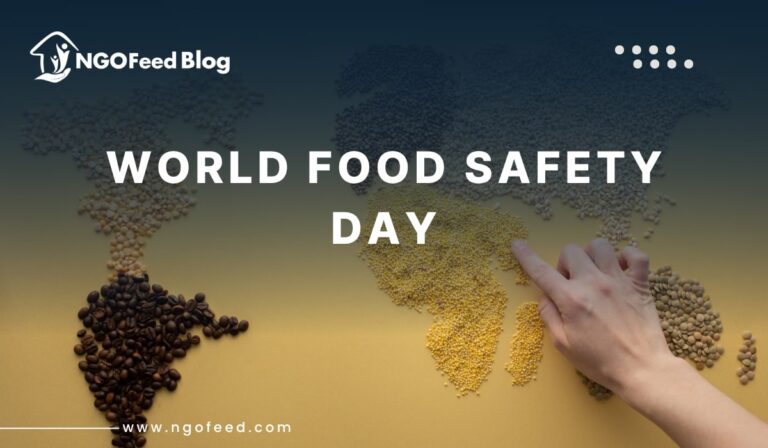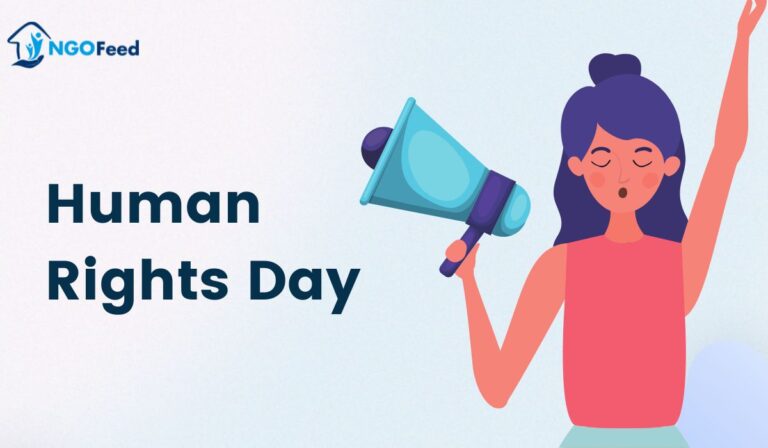Open Data for Nonprofits: Open Data has come as a transforming force particularly for nonprofit groups that depend on trust, responsibility, and quantifiable influence in an age when information is seen as a new type of money. Open data is data that anybody can use, share, and freely accessible without limitations. For nonprofits, accepting open data can improve openness, cooperation, and evidence-based decision-making a great deal.
Data-driven methods become even more crucial as social issues become more complex. By means of open data, nonprofits may maximize their influence, gain donor confidence, draw funds, and take part in worldwide problem-solving systems.
Also Read: Digital Advertising Acronyms for Nonprofits
Table of Contents
Also Read: Role of Data Analytics in Nonprofit Decision Making
What is Open Data?
Open Data is data that:
- Available to the public,
- May be utilized and shared without limitation.
- In a machine-readable,
- Uniform form is Sometimes governments, institutions, or charity organizations themselves publish.
- Open data is about making information available and useful for all, not only about transparency.
Why Open Data Matters for Nonprofits?
Nonprofits often tackle challenging social problems —poverty, health, education, climate change—in which data transparency and cooperation are essential to success.
Open data lets:
- Evidence-based strategy
- Increase stakeholder trust
- Storytelling supported by data
- Whole ecosystem learning and teamwork
Also Read: Future of NGOs How Trends Like Web3
Advantages of Open Data for Nonprofits
1. Greater openness and accountability: Publishing transparent data on operations, finances, and influence enables stakeholders to view how resources are used and what results are produced.
2. Improved Decision-Making: Open governance or academic datasets can help nonprofits to plan thoughtfully, target recipients, or nondemented.
3. Better Cooperation: Cross-sector collaborations are made possible by open data as NGOs, governments, and researchers can work with shared information and so eliminate duplication.
4. Enhancements in donor engagement and fundraising: Donors want evidence of influence more and more. Open data allows for accurate, verifiable impact reports that increase donor trust and participation.
5. Program Effectiveness: Comparing with openly accessible data can help a charity’s program development and delivery efficiency.
Also Read: Collaboration vs Competition
Open Data for Nonprofits – Applications in Real Life
1. Health initiatives driven by data
Open WHO or national health data help nonprofits engaged in health (e. g., HIV/AIDS, COVID-19) pinpoint hotspots and arrange outreach.
2. Equality Initiatives in Education
Education-focused NGOs can find neglected areas or communities by using school-level data (enrollment, results, dropouts).
3. Programs for Climate and Environment
To track deforestation, drought, or pollution trends, environmental NGOs use open satellite and weather data (from NASA or UNEP).
4. Budget and Financial Tracking
Open budget data Lets watchdogs NGO track public expenditures, find inefficiencies, and argue for resource redistribution.
5. Development in slums and cities
Open urban planning datasets aid NGOs in developing inclusive housing, water, and sanitation projects for informal settlements.
Open Data Initiatives for NGOs Worldwide
- Encouraging NGOs and governments to share consistent open data on aid expenditure, the International Aid Transparency Initiative (IATI)
- DAC of the OECD provides datasets to monitor the impact of aid.
- Data Kind and The Golab: Assist groups with open data strategies and data science experience.
- Open NGO Data Platform: A coordinated effort to coordinate and release data across several nonprofit industries.
Also Read: Best Practices for Strategic Planning in Nonprofits
Challenges for Nonprofits Open Data Presents
- Data Privacy and Security: Balancing openness with ethical responsibility to preserve beneficiary privacy.
- Data Quality and Standards: Many companies find inconsistent or subpar data collection approaches difficult to manage.
- Absence of Skills and Infrastructure: Lack of data literacy, technical staff, or instruments to clean, analyze, and present data.
- Opposition to Sharing: Internal worries about criticism, observation, or loss of competitive edge.
- Sustainability: Publishing open data calls for continuous investment in platforms and revision systems.
Best Practices for Nonprofits Employing Open Data
- For interoperability, align with frameworks like IATI or SDG indicators.
- Ensure Consent and Privacy: Under data protection regulations (e. g., GDPR), constantly anonymize sensitive data.
- Invest in data literacy: Instruct teams in ethical use, visualization, and data collection.
- Participate stakeholders in interpreting and applying the data to co-create solutions.
Future View Near future:
- Open datasets will be used more for decision-making and forecasting as artificial intelligence and machine learning magnify their appeal.
- Blockchain integration could further assure the validity and immutable of open records.
- Open data ecosystems will support worldwide cooperative problem-solving.
Also Read: 10 Instagram Tips for the Modern Nonprofit
Conclusion
Open data is a values-driven movement, not just a technical instrument, that is consistent with most nonprofits’ mission: transparency, equality, participation, and influence. Open data can enable creative solutions, foster trust, and accelerate social change when used appropriately. Open data-embracing nonprofits not only become more responsible and effective; they also get ready to flourish in an ever more data-driven society.

